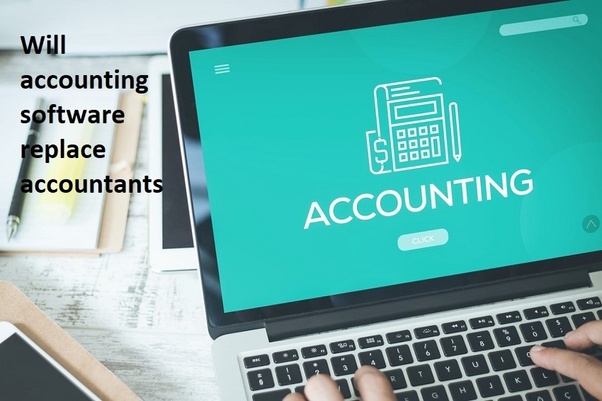The Future of Accounting: Will Software Replace Accountants?

In recent years, the accounting industry has undergone significant changes with the rise of digital transformation. The use of software and automation has become increasingly popular, leading to concerns that accountants may become obsolete. However, the future of accounting is not as bleak as some may believe.
The Impact of Software on Accounting
Accounting software in Singapore has become increasingly prevalent in recent years. Tasks that were once performed manually, such as bookkeeping and data entry, can now be automated using software. This has led to increased efficiency and accuracy in accounting, as well as reduced costs for businesses.
One of the most significant developments in accounting software is the use of artificial intelligence (AI). AI can be used to automate tasks such as data entry, bank reconciliation, and even tax preparation. This has the potential to revolutionise the accounting industry, as it can significantly reduce the time and resources needed to perform these tasks.
Another area where software has had a significant impact is in financial reporting. With the use of software, financial reports can be generated quickly and accurately. This has led to increased transparency and accountability, as businesses are now able to provide stakeholders with timely and accurate financial information.
The Benefits of Software in Accounting
Accounting software in Singapore has numerous benefits. One of the most significant benefits is increased efficiency. Software can perform tasks much faster than humans, which can save businesses a significant amount of time and money. This can allow accountants to focus on more complex tasks, such as financial analysis and strategy.
Another benefit of software is increased accuracy. Software is less prone to errors than humans, which can lead to more accurate financial reporting. This can help businesses make better-informed decisions and reduce the risk of financial fraud.
Software can also provide businesses with valuable insights into their financial performance. With the use of data analytics, businesses can analyze financial data to identify trends and patterns. This can help businesses make better-informed decisions and improve their financial performance.
Why Accountants Are Still Needed
Despite the numerous benefits of software in accounting, accountants are still essential. While software can perform many tasks, there are still areas where human expertise is needed.
One area where accountants are still needed is in financial analysis. While software can provide businesses with valuable insights into their financial performance, it cannot replace the expertise of an accountant. Accountants are trained to analyze financial data and provide businesses with strategic advice. They can help businesses identify areas for improvement and develop strategies to improve their financial performance.
Another area where accountants are still needed is in tax planning and compliance. While software can automate tax preparation, it cannot replace the expertise of an accountant when it comes to tax planning and compliance. Accountants are trained to understand complex tax laws and regulations, and they can help businesses minimize their tax liability while ensuring compliance with the law.
Accountants are also essential when it comes to providing businesses with financial advice. While software can provide businesses with data, it cannot replace the expertise of an accountant when it comes to providing financial advice. Accountants can help businesses develop financial strategies and make informed decisions that can help them achieve their goals.
Finally, accountants are essential when it comes to providing businesses with a human touch. While software can automate many tasks, it cannot replace the personal touch of an accountant. Accountants can provide businesses with personalized service and develop relationships with clients that can help them build trust and loyalty.
The Future of Accounting
The future of accounting is not about replacing accountants with software. Instead, it is about using software to enhance the work of accountants. The use of software can help accountants perform their tasks more efficiently and accurately, allowing them to focus on more complex tasks that require human expertise.
One area where the future of accounting is heading is towards cloud-based accounting. Cloud-based accounting allows businesses to access their financial data from anywhere, at any time. This can provide businesses with increased flexibility and can help them make better-informed decisions.
Another area where the future of accounting is heading is towards the use of blockchain technology. Blockchain technology can provide businesses with increased security and transparency when it comes to financial transactions. This can help reduce the risk of financial fraud and can provide businesses with greater confidence in their financial reporting.
Conclusion
The rise of software and automation has led to concerns that accountants may become obsolete. However, the future of accounting is not about replacing accountants with software. Instead, it is about using software to enhance the work of accountants.
While software can perform many tasks, there are still areas where human expertise is needed. Accountants are essential when it comes to financial analysis, tax planning and compliance, providing financial advice, and providing businesses with a human touch.
The future of accounting is not about replacing accountants with software, but about using software to enhance the work of accountants. The use of software can help accountants perform their tasks more efficiently and accurately, allowing them to focus on more complex tasks that require human expertise. The future of accounting is exciting, and it will be interesting to see how the industry continues to evolve in the coming years.




